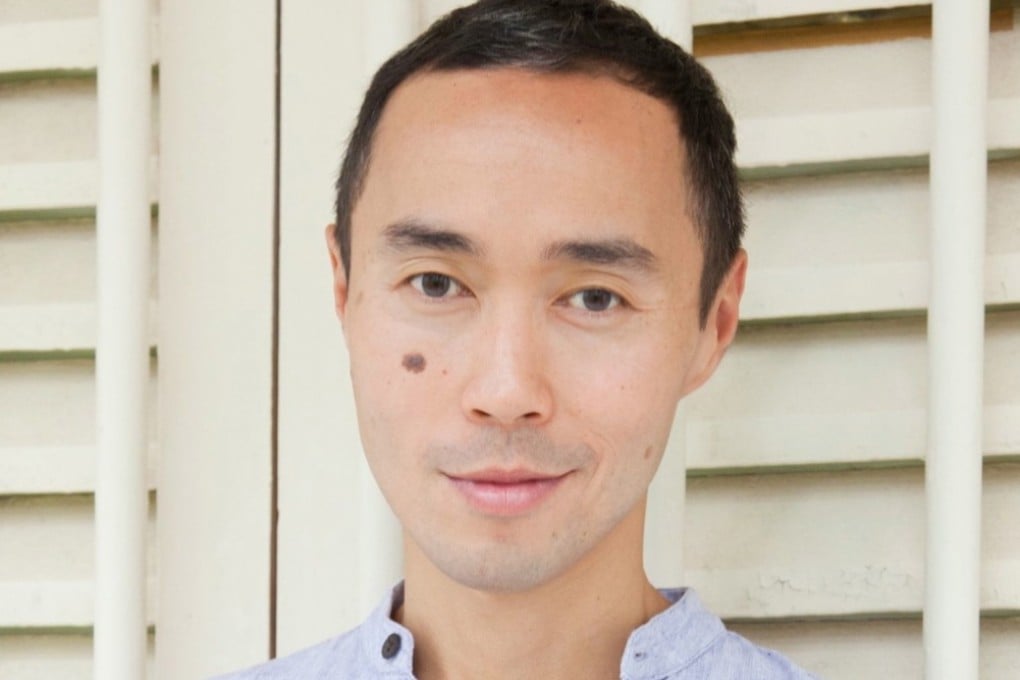Crazy Rich Asians hides an ugly reality. One author wants to expose it
- Malaysian author Tash Aw feels the hit film’s theme of success gives Asians ‘a sense of self-confidence that we are no longer these poor repressed people’
- But he says the gap between Asia’s rich and poor is much greater than in the West, and it is a gap that is growing far quicker

Malaysian author Tash Aw is on a mission to expose the ugly reality hiding behind the slick suits and skyscrapers synonymous with the hit film Crazy Rich Asians.
“It has become the new cliché. Thirty or 40 years ago the cliché was that Asia is very poor, and then it was poor but beautiful, very exotic, very spiritual. And now it is ‘Asians are rich’.” But this wealth is concentrated in “the hands of a tiny, tiny minority. The gulf between rich and poor is much greater than in the West.”
As Aw points out, these changes are no different from those across the world, “but in Asia you see it speeded up”, and so divisions and adjustments that in Europe take place over several generations, “we’ve achieved in one”. This new narrative of success is “very handy” for both Westerners and Asians, “because it gives us a sense of self-confidence that we are no longer these poor repressed people”. But it has created a society in which to be anything but rich is in some way shameful.
Unlike the anglophone novelists of the 1980s and ’90s, who were “writing either under the influence of, or in reaction against the white colonials”, writers of Aw’s generation are “trying to deal with our own problems, which were the creation of newly independent countries”.
As Aw points out, “for many years, to be Asian and to be a writer meant that in some way you had privilege”, and those earlier novels often unwittingly perpetuated the idea “that suffering is beautiful, that people are poor but happy”, as well as sentimentalising the Asian family. He feels a duty to reflect the distinctly ugly truth: “Suffering is suffering – it has no aesthetic quality to it.”